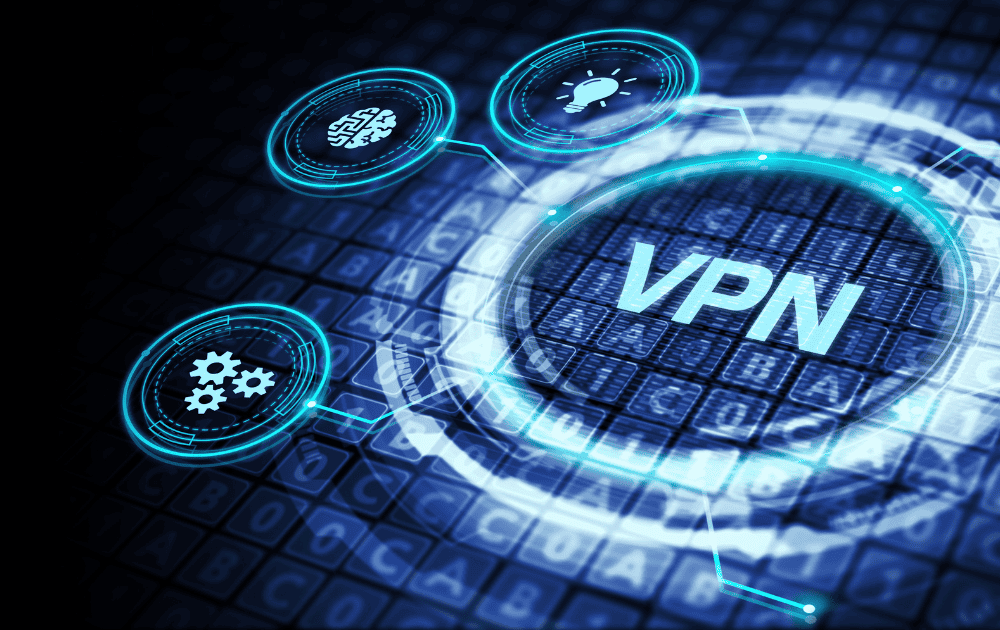In the realm of cybersecurity, understanding cyber attacks is paramount for safeguarding businesses against potential threats, as awareness can help organizations implement effective strategies and measures to mitigate risks and protect their valuable assets.
Best Practices for Preventing Cyber Attacks
In today's digital landscape, safeguarding your business against cyber threats is paramount. By implementing effective cybersecurity measures, SMEs can significantly reduce the risk of cyber attacks. Here are some best practices to enhance your cyber defenses:
Employee Training and Awareness
One of the most crucial aspects of cybersecurity is educating employees about the importance of cyber hygiene and safe online practices. By providing regular employee training sessions and raising awareness about common cyber threats, employees can become the first line of defense against attacks.
| Training Topics | Training Frequency |
| Phishing Awareness | Quarterly |
| Password Security | Bi-Annually |
| Social Engineering | Annually |
Implementing Strong Password Policies
Strong password policies are fundamental in fortifying your organization's security posture. Encourage employees to create complex passwords that include a mix of letters, numbers, and special characters. Enforce regular password changes and restrict the reuse of old passwords to prevent unauthorized access.
| Password Policy Guidelines |
| Minimum password length of 12 characters |
| Use of multi-factor authentication (MFA) |
| Prohibition of sharing passwords |
| Regular password expiration (every 90 days) |
Regular Software Updates and Patch Management
Keeping all software applications and systems up to date with the latest security patches is vital for preventing vulnerabilities that cybercriminals could exploit. Establish a proactive patch management system to ensure that critical updates are implemented promptly across your IT infrastructure.
| Patch Management Best Practices |
| Automated patch deployment for security updates |
| Regular vulnerability assessments |
| Scheduled patching maintenance windows |
| Testing patches in a controlled environment before deployment |
Prioritizing employee training, enforcing strong password policies, and maintaining regular software updates significantly reduce SMEs' susceptibility to cyber attacks. These preventive measures form the foundation of a robust cybersecurity strategy that safeguards business operations and sensitive data.

Securing Your Network
Safeguarding your business against cyber threats begins with securing your network to prevent potential attacks. Implementing robust network security measures protects sensitive data and infrastructure from unauthorized access. Three essential components for network security include firewall protection, virtual private networks (VPNs), and intrusion detection and prevention systems (IDS/IPS).
Firewall Protection
A firewall acts as a barrier between your internal network and external threats, monitoring and controlling incoming and outgoing network traffic based on predefined security rules. By implementing a firewall, you can regulate the flow of data and prevent malicious actors from infiltrating your network.
Firewalls are available in two main types: software firewalls and hardware firewalls. Software firewalls are installed on individual devices and provide protection at the device level, while hardware firewalls are dedicated devices that protect the entire network. Choosing the right type of firewall for your business depends on your specific security needs and network configuration.
Virtual Private Networks (VPNs)
Virtual private networks (VPNs) create a secure and encrypted connection between remote users and your internal network, ensuring that sensitive data transmitted over the internet remains confidential. VPNs are especially useful for remote employees who need to access company resources securely from outside the office environment.
VPNs protect against eavesdropping and potential data breaches by encrypting data traffic and masking IP addresses. When choosing a VPN service, consider encryption protocols, server locations, and user authentication methods to ensure a secure connection for your business operations.
Intrusion Detection Systems (IDS) and Intrusion Prevention Systems (IPS)
Intrusion detection systems (IDS) and intrusion prevention systems (IPS) work in tandem to detect and respond to suspicious network activity. IDS monitor network traffic for signs of potential security breaches or unauthorized access, alerting network administrators to investigate further. On the other hand, IPS go a step further by actively blocking malicious traffic and preventing potential attacks in real-time.
IDS and IPS solutions utilize signature-based detection, anomaly detection, and behavioral analysis to identify and mitigate security incidents. By deploying these systems within your network infrastructure, you can enhance your overall security posture and proactively defend against cyber threats.
Incorporating firewall protection, VPNs, and IDS/IPS solutions into your network security strategy can fortify your defenses against cyber attacks and help mitigate potential risks to your business data and operations. By prioritizing network security measures, SMEs can enhance their resilience to evolving cyber threats and maintain a secure IT environment for their business continuity.
Data Protection Measures
In the realm of cybersecurity, data protection is paramount for safeguarding sensitive information and preventing unauthorized access. Implementing robust data protection measures is crucial for SMEs looking to fortify their defenses against cyber attacks. Three key strategies for data protection are data encryption, regular backups, and secure file storage and sharing protocols.

Data Encryption
Data encryption is a fundamental technique that converts data into a coded format to prevent unauthorized access. By encrypting sensitive information, such as customer data and financial records, businesses can enhance data security and confidentiality. Utilizing encryption algorithms and secure encryption keys adds an additional layer of protection, making it challenging for cybercriminals to decipher the encrypted data.
| Data Encryption Method | Encryption Key Length | Encryption Algorithm |
| Symmetric Encryption | 128-256 bits | AES, DES |
| Asymmetric Encryption | 2048 bits | RSA, ECC |
Regular Data Backups
Regular data backups are essential for mitigating the impact of data loss due to cyber attacks or system failures. By backing up critical data regularly, SMEs ensure that they can recover information in the event of a security incident. Conducting backups on a scheduled basis, storing backups in secure offsite locations, and verifying the integrity of backups are key practices to protect against data loss.
| Backup Frequency | Backup Storage | Verification Process |
| Daily | Cloud Storage, External Hard Drives | Data Restoration Testing |
| Weekly | Remote Servers, Tape Drives | Integrity Checks |
Secure File Storage and Sharing Protocols
Establishing secure file storage and sharing protocols is essential for maintaining the confidentiality and integrity of business data. Implementing access controls, encryption mechanisms, and secure file transfer protocols enhances data protection during storage and sharing processes. By restricting access privileges, monitoring file activities, and utilizing secure file sharing platforms, SMEs can prevent unauthorized users from compromising sensitive information.
| Secure File Storage Practices | Secure File Sharing Protocols |
| Role-based Access Control | SFTP (Secure File Transfer Protocol) |
| Data Encryption at Rest | HTTPS (Hypertext Transfer Protocol Secure) |
| Audit Trails and Logging | Secure Email Encryption |
Incorporating data encryption, regular backups, and secure file storage and sharing protocols into cybersecurity strategies enables SMEs to strengthen defenses against cyber threats and protect valuable data assets. These proactive measures are essential for safeguarding sensitive information and maintaining business integrity in today's digital landscape.
Your Cincinnati Cybersecurity Solution Starts Here
Preventing cyber attacks requires a proactive approach, and that’s where we come in. At LK Tech,we specialize in robust cybersecurity solutions tailored to meet your unique needs. Our dedicated team employs the latest technologies and best practices to ensure your data remains secure and your business continues to thrive.
We pride ourselves on delivering high-quality services that empower our clients with peace of mind. If you're looking to enhance your cybersecurity measures, don't hesitate to contact us today. Together, we can safeguard your digital assets and create a safer online environment for your business.


